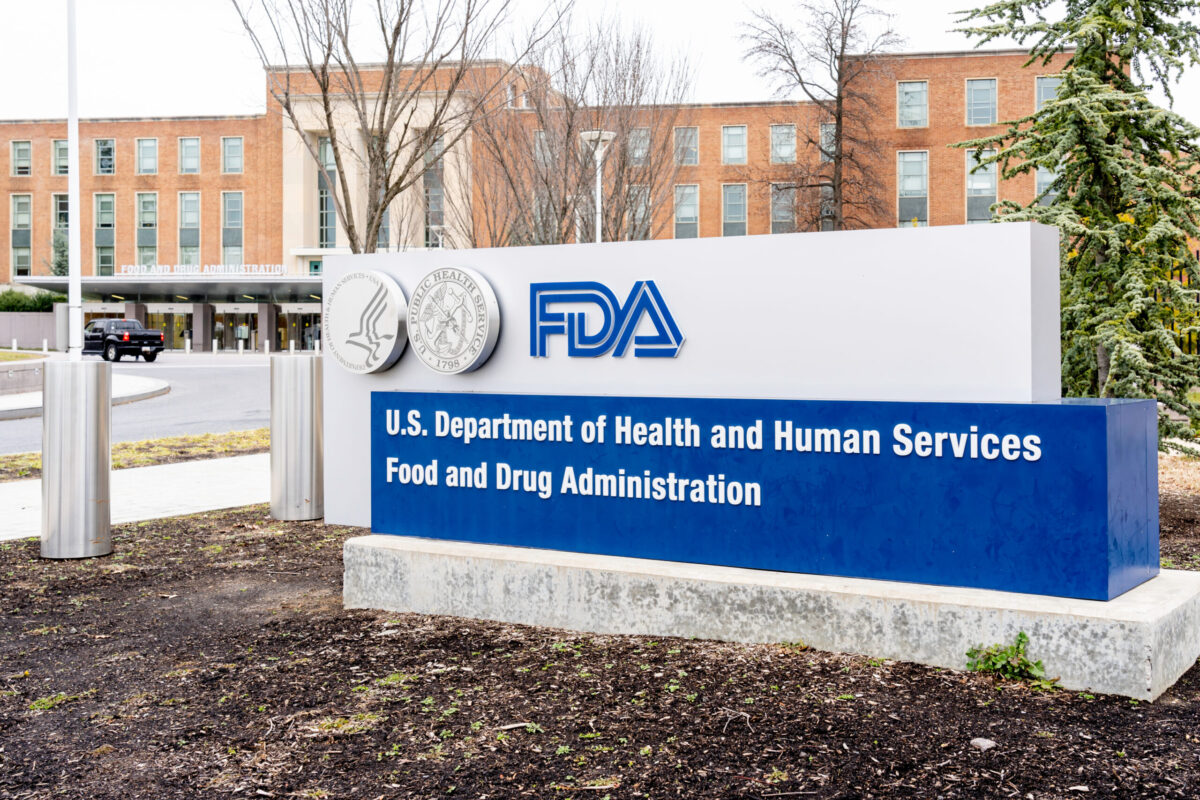Despite an increased push by federal regulators to encourage sponsors to conduct more pediatric clinical trials, a new study published in the journal, Pediatrics, suggests that many of these clinical trials are abandoned before they’re completed and study data is left unpublished. As many drugs and medical devices used by children have never been formally tested for safety and efficacy in that population, the recent research highlights the importance of properly-coordinated pediatric clinical trials.
“No matter what the focus of the trial, there is some inherent risk for any child to be involved in a trial,” said Dr. Natalie Pica, a resident at Boston Children’s Hospital and co-author on the study, in an interview with Forbes. “We owe it to those participants to conduct those trials ethically and disseminate that information.”
Researchers have long criticized those conducting clinical trials using adult patients for failing to publish study data, however this issue has not been as well studied in trials involving children. To investigate this trend, Pica and her colleague Dr. Florence Bourgeois, an associate physician at Boston Children’s and assistant professor of pediatrics and emergency medicine at Harvard Medical School, analyzed study data available on ClinicalTrials.gov.
In looking at 559 randomized, controlled pediatric clinical trials conducted between 2008 and 2010, the researchers found that 19 percent were discontinued in advance of the predetermined study end date. These 104 clinical trials enrolled a total of 8,369 pediatric volunteers.
Interestingly, Pica and Bourgeois found that patient recruitment problems were to blame for many of these clinical trial stoppages. While funding issues were the least common reason for discontinued studies, academic trials were more likely to be affected by financing troubles compared to those conducted by industry sponsors.
Thirty percent of the 455 completed clinical trials did not publish their results in a scientific journal within a five-year period after the trial ended. According to Pica and Bourgeois, these unpublished trials involved 69,165 pediatric participants.
While the US Food and Drug Administration (FDA) requires most sponsors to register their trials and post the results on ClinicalTrials.gov, many fail to comply with this regulation. Of the 136 clinical trials that did not publish results in scientific journals, only 42 uploaded their data to ClinicalTrials.gov.
The researchers also found that industry-funded pediatric clinical trials were two times more likely to go unpublished years after the trial was completed, compared to academic studies. Pica and Bourgeois point to both the ethical and financial implications of the discontinuation of pediatric clinical trials, and ask whether something should be done to prevent these inefficiencies.
“There has to be some sort of oversight, whether they’re funded by industry or academia, and have feasible goals and available resources to achieve those proposed goals,” said Pica. In Europe, the European Medicines Agency (EMA) is working towards just this kind of increased transparency by releasing new regulations on the availability of clinical trials data.












Join or login to leave a comment
JOIN LOGIN